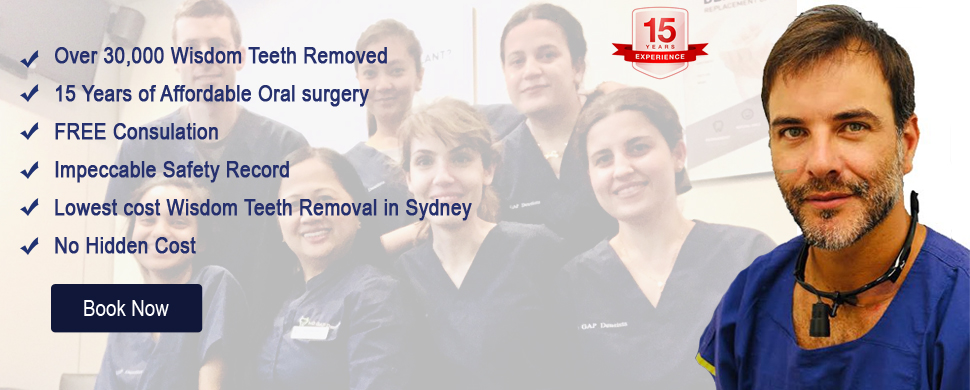Gums don’t simply support and look after your teeth; they also keep the tissue that holds them to the bone healthy and clean. Ultimately, if your gums are not healthy, you lower your overall health and are at a higher chance of eventually losing your teeth and succumbing to disease – and may be forced to deal with wisdom teeth pain.
How Does Gum Disease Occur?
Put simply, when you don’t brush your teeth or visit the dentist for regular checkups, your gums are going to suffer. In fact, gum disease starts in areas that you’re not paying close attention to. The bacterium builds up in this area, and can cause infection which leads to sore or unhealthy gums.
How Will I Know If I Have Gum Disease?
Gum disease can be difficult to spot at first (this is one of the main reasons you need to regularly see a dentist!). In fact, you may not even notice any signs of pain to begin with.
However, eventually you will notice signs of inflammation and swelling (which is known also as gingivitis). If left untreated, the problems associated with your gums can and will get worse. When you leave them for long enough, this could result in ‘periodontitis’ which causes your gums to pull away from your teeth. The tissues and bones begin to break down, creating tiny pockets for bacteria to thrive.
Gum Disease Prevention
You can prevent gum disease from occurring by:
1.Brushing your teeth regularly
After meals, especially, is the best time to brush your teeth. This removes any unwanted food particles that can sit behind or between your teeth. Don’t forget to brush your tongue either!
2.Flossing your teeth
There will be certain places in your mouth that your toothbrush can’t reach, so flossing each day will help stop food particles and plaque from building up.
3.Using mouthwash
Gargle some mouthwash after brushing your teeth. This is a great way to remove any excess food particles. Not only this, it helps to reduce bad breath and leaves your mouth feeling fresh and clean.
Gum Disease is Associated with Other Diseases
There has been quite a lot of research that has concluded the fact that gum disease is associated with other types of seemingly unrelated diseases. The most common disease it is associated with is heart disease. It would be safe to say that if you have gum disease, you could be at a higher risk of having heart problems.
The best way to ensure your health is fully up to date is to visit a doctor, as well as a dentist. Regular checkups are always advised, to make sure your gums are clean and healthy.
To speak with a professional dentist with many years worth of experience dealing with gum disease and wisdom teeth pain, give Wisdom Dental Emergency a call on 1300 WISDOM today to find out how we can help your gums become as healthy as possible!



